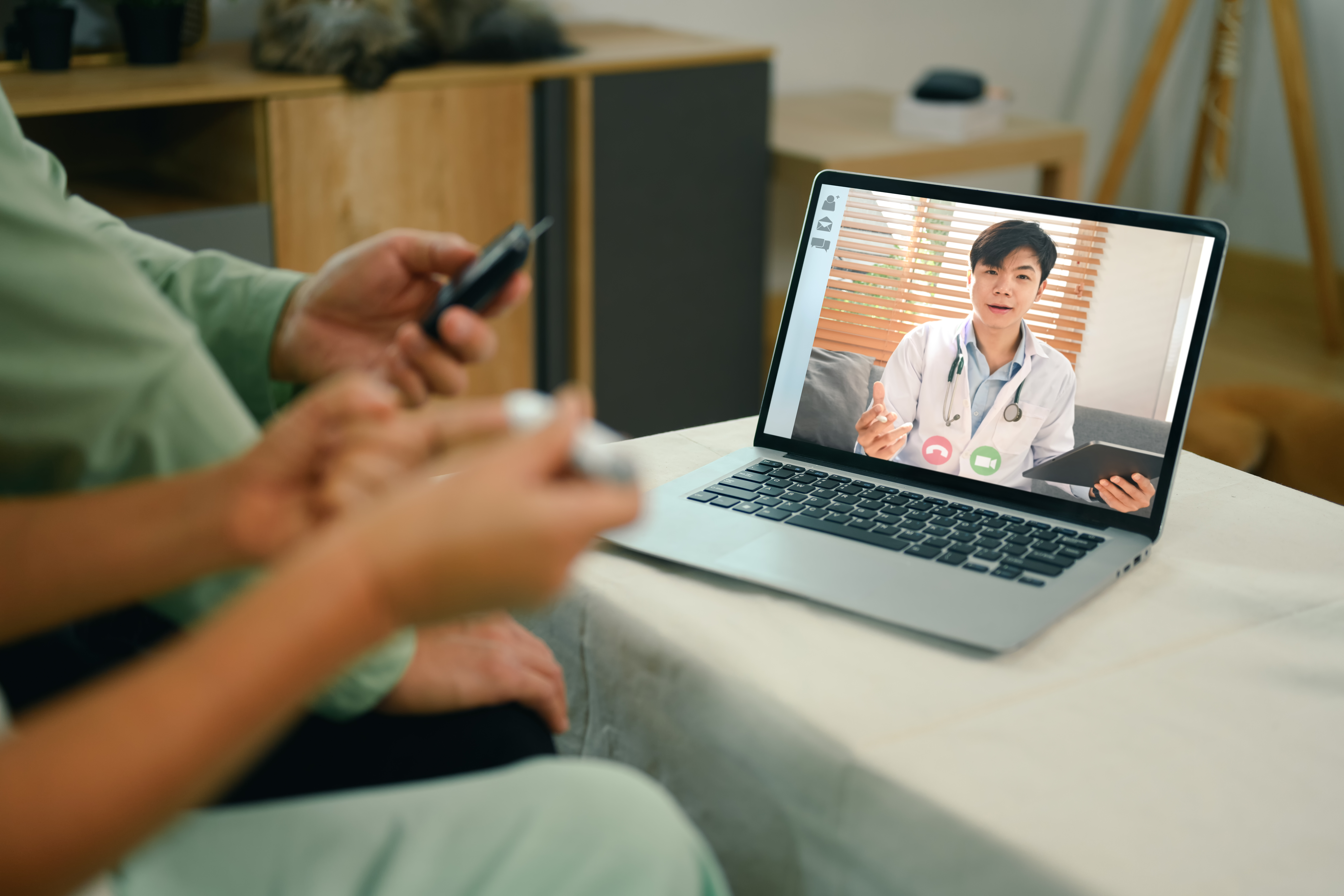Medicaid Evolution: How Upcoming Changes Shape Your Healthcare Access
5. Behavioral Health "No Wrong Door" Integration and Digital Mental Health

Medicaid's enhanced mental health support creates a "no wrong door" approach, meaning beneficiaries can access behavioral health services through primary care, emergency departments, or community centers, with seamless referrals. Beyond traditional therapy, there's significant investment in digital mental health platforms, including virtual therapy, AI-powered chatbots for mental wellness, and app-based cognitive behavioral therapy (CBT) programs. This expands access dramatically, particularly for underserved populations and adolescents, by making mental health support pervasive and leveraging technology to bridge geographical and stigma-related barriers.
6. Enhanced Care Coordination with AI-Driven Risk Stratification

Innovations in care coordination within Medicaid are becoming highly sophisticated, driven by artificial intelligence. Beyond simple case management, AI is used for risk stratification, identifying beneficiaries at highest risk for adverse health events (e.g., frequent ER visits, multiple chronic conditions). This allows care coordinators to proactively intervene with personalized support, connecting patients to social services, specialized care, and even transportation. The ingenuity lies in predictive analytics transforming reactive care into proactive, preventive coordination, ensuring resources are directed where they can have the most significant impact on complex patient needs.
